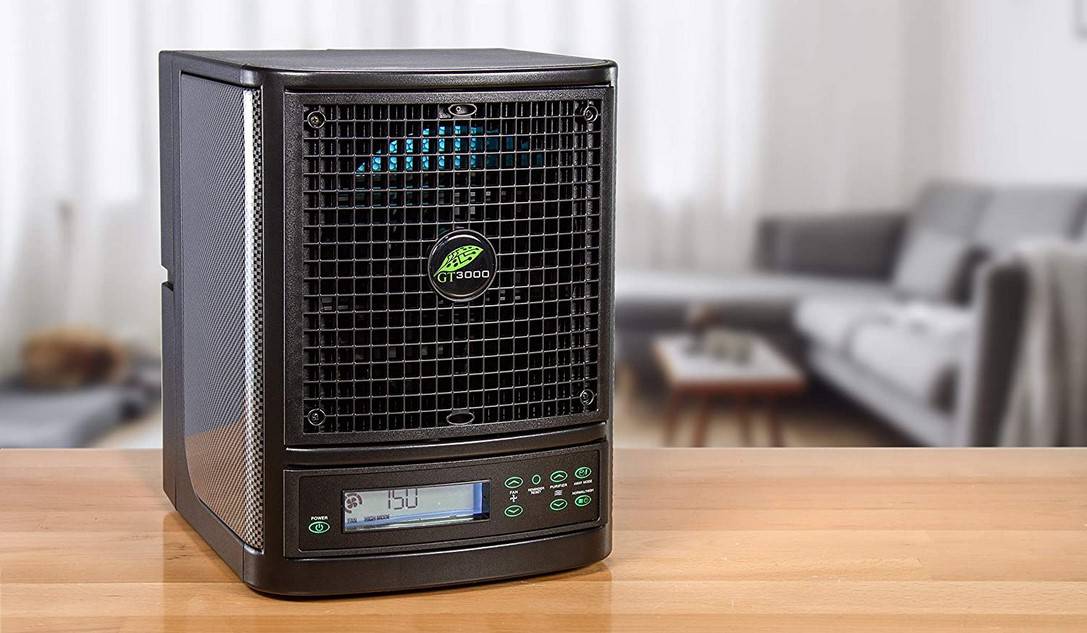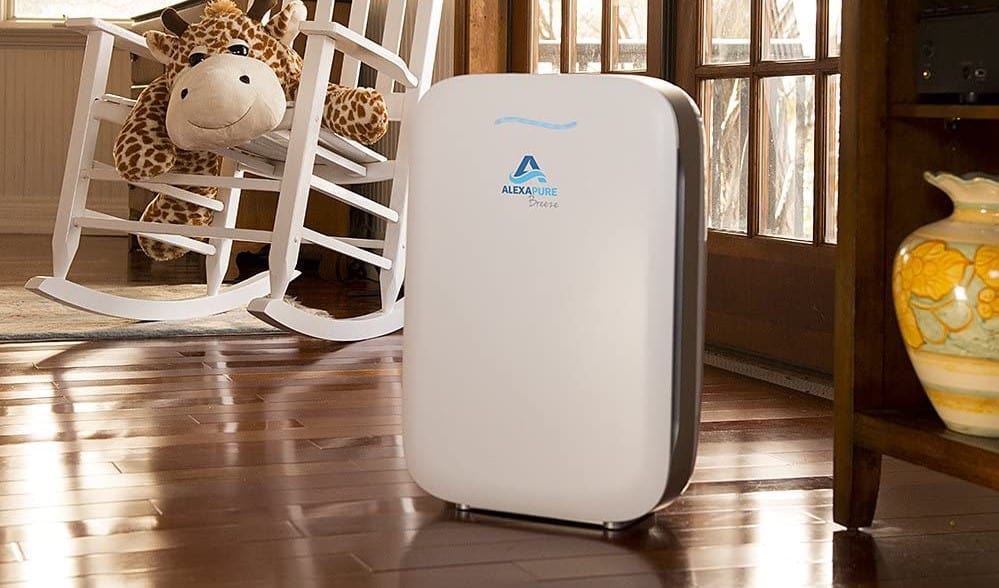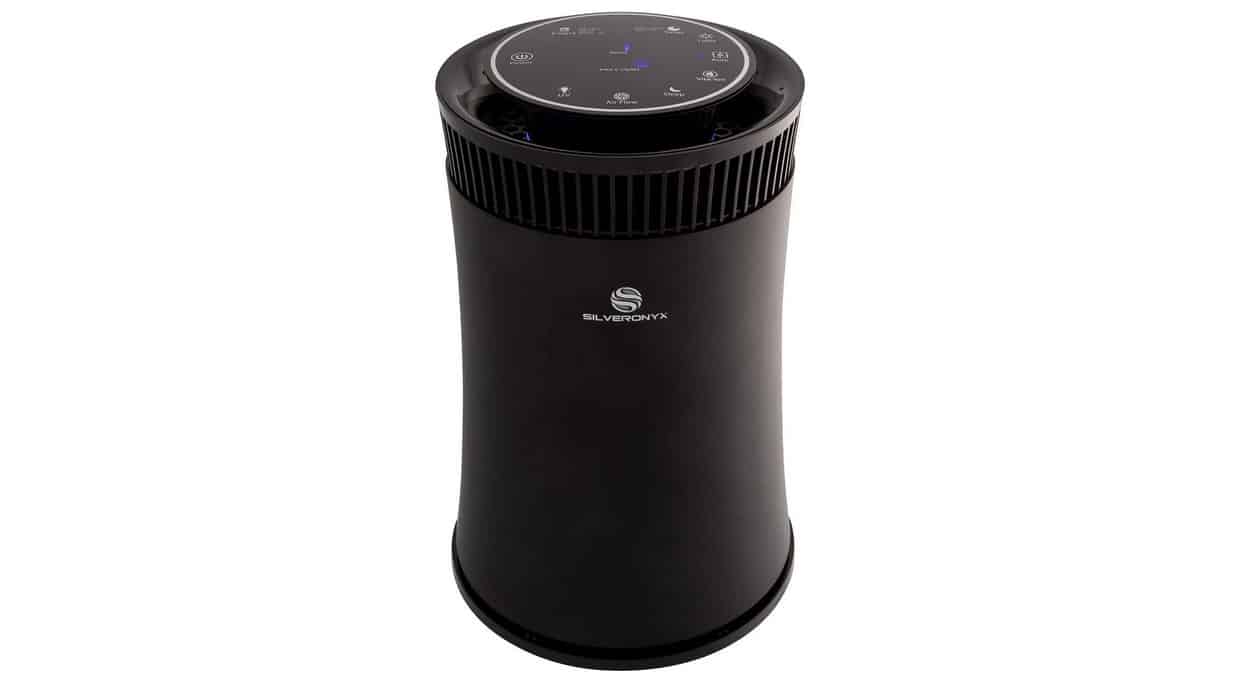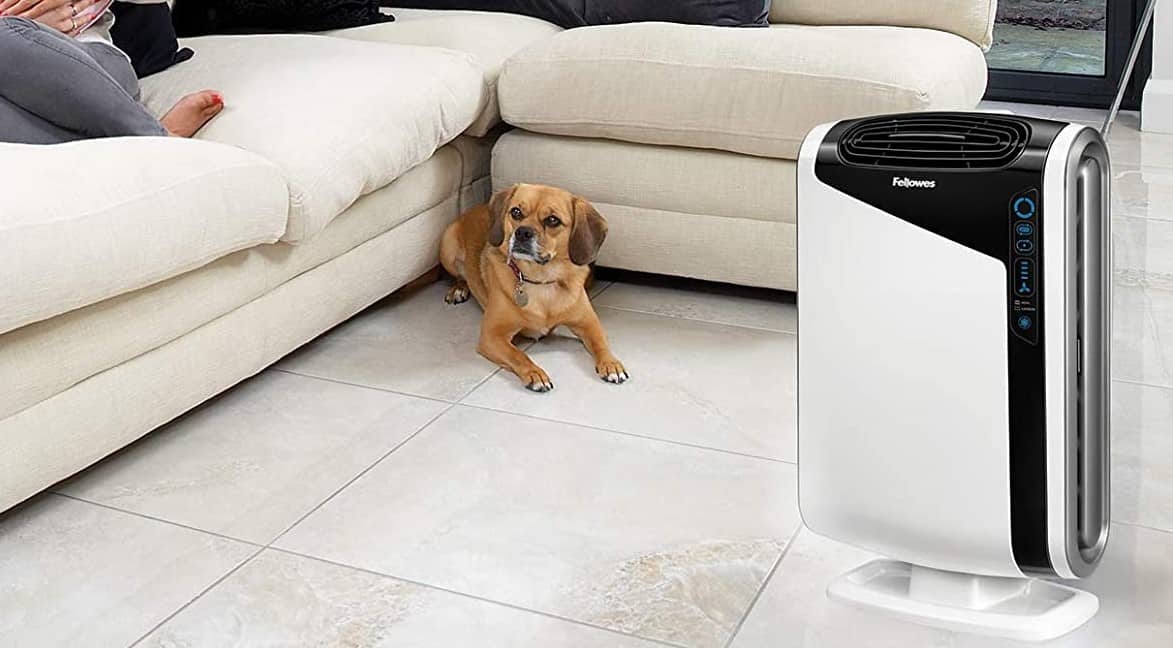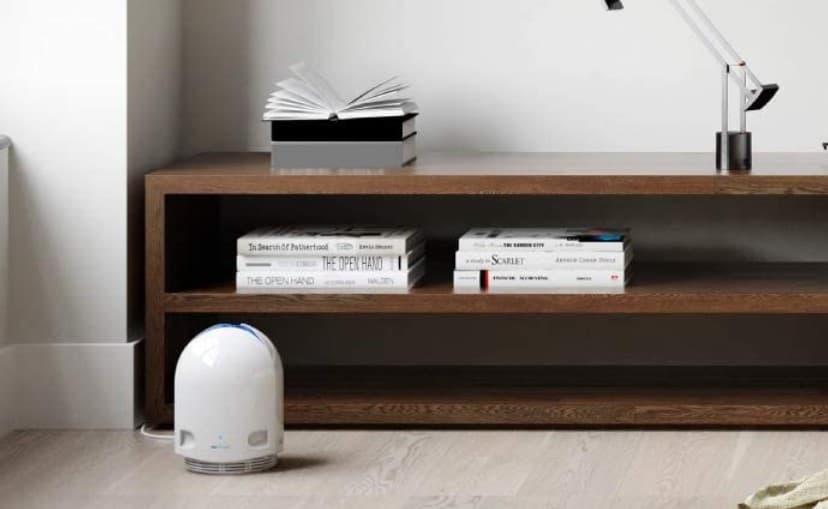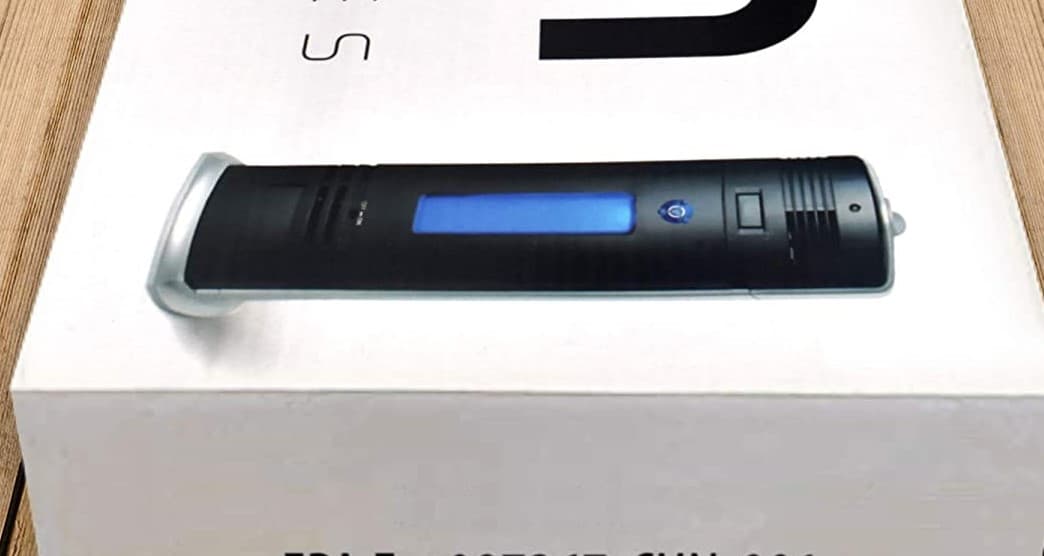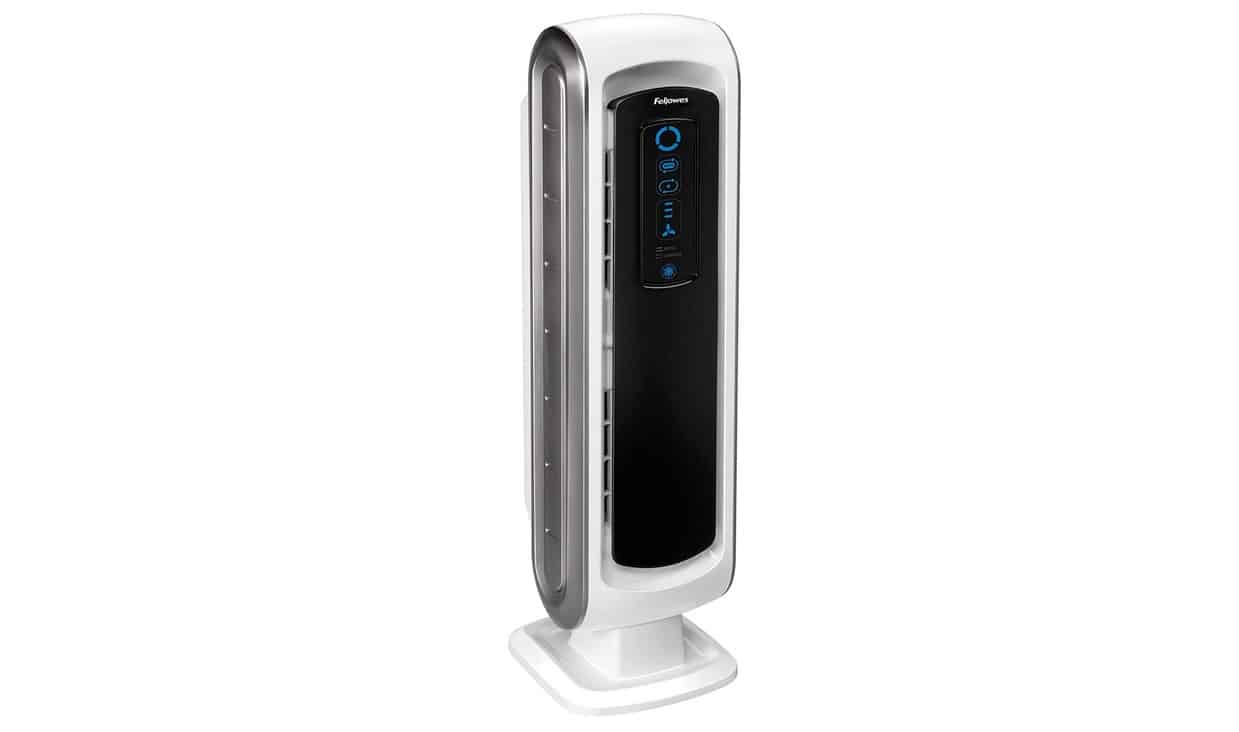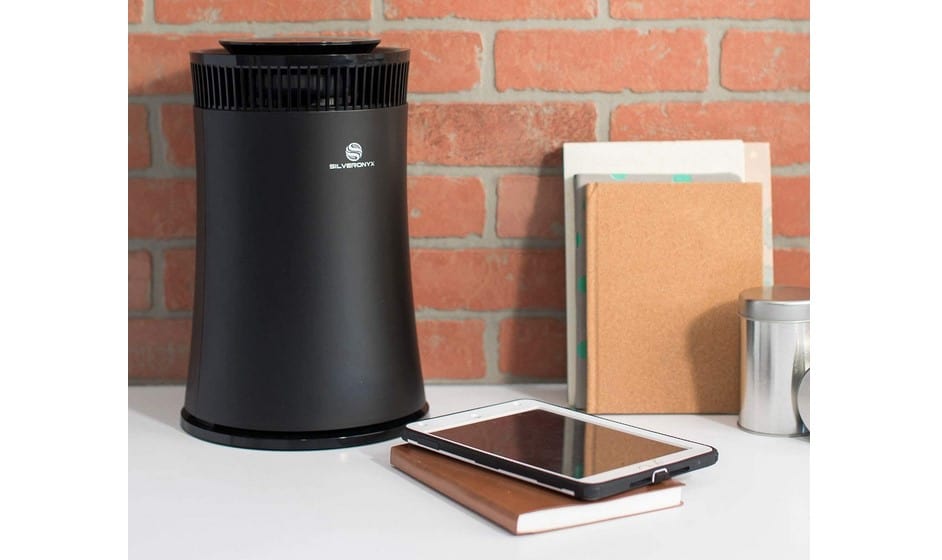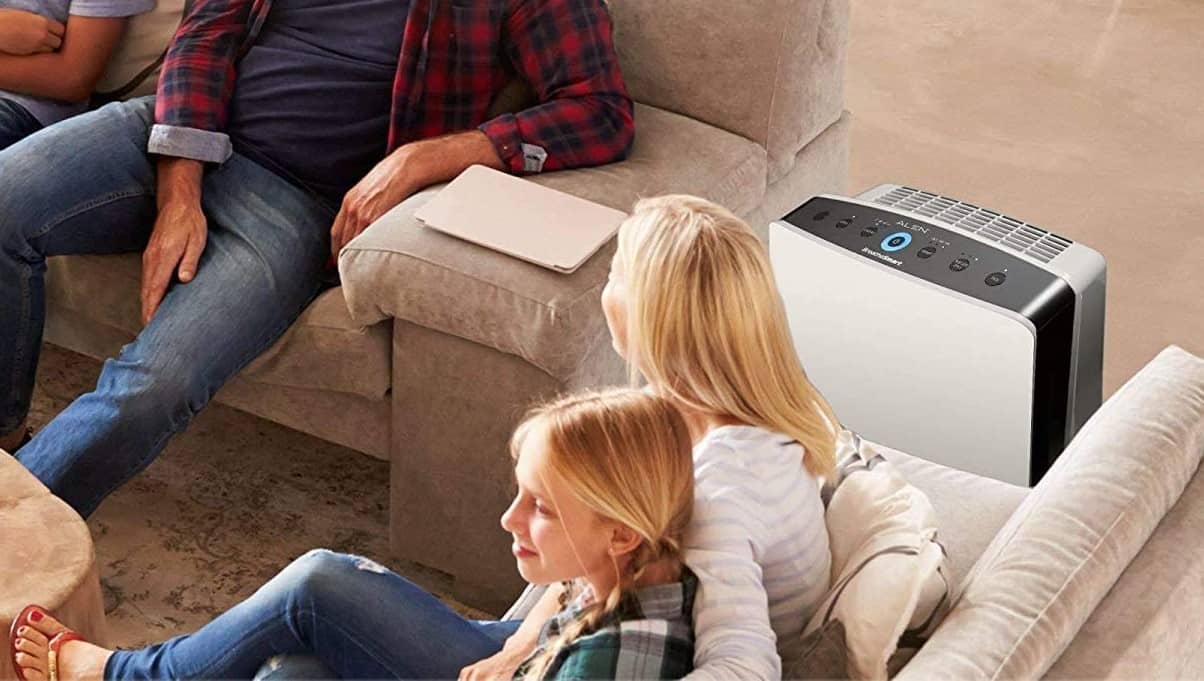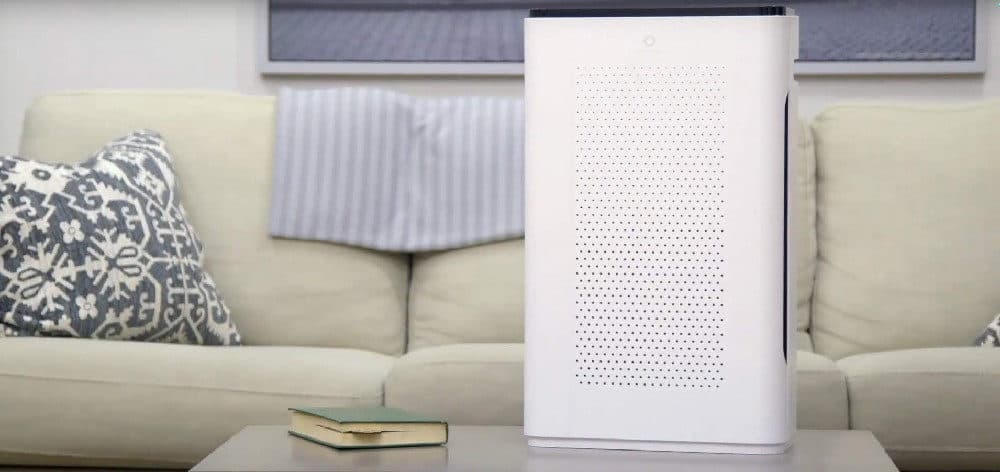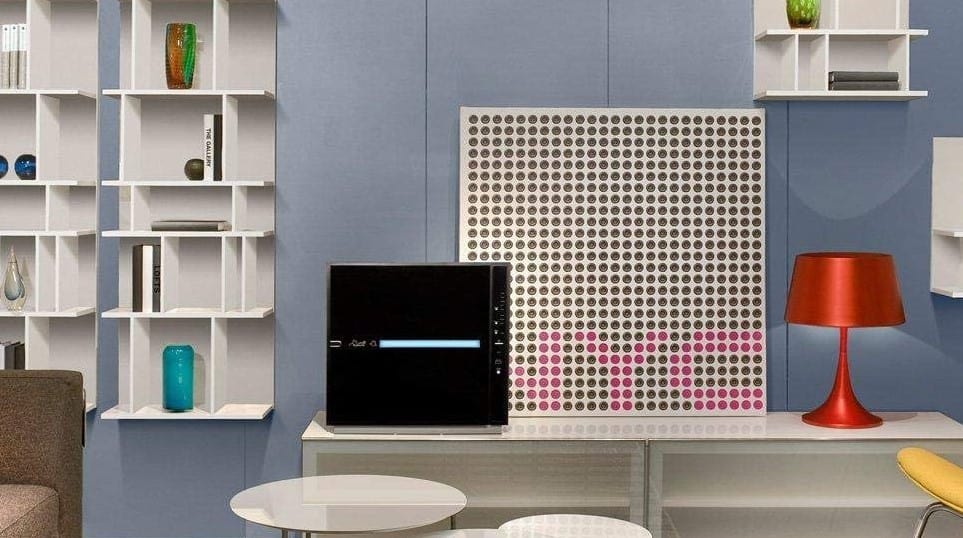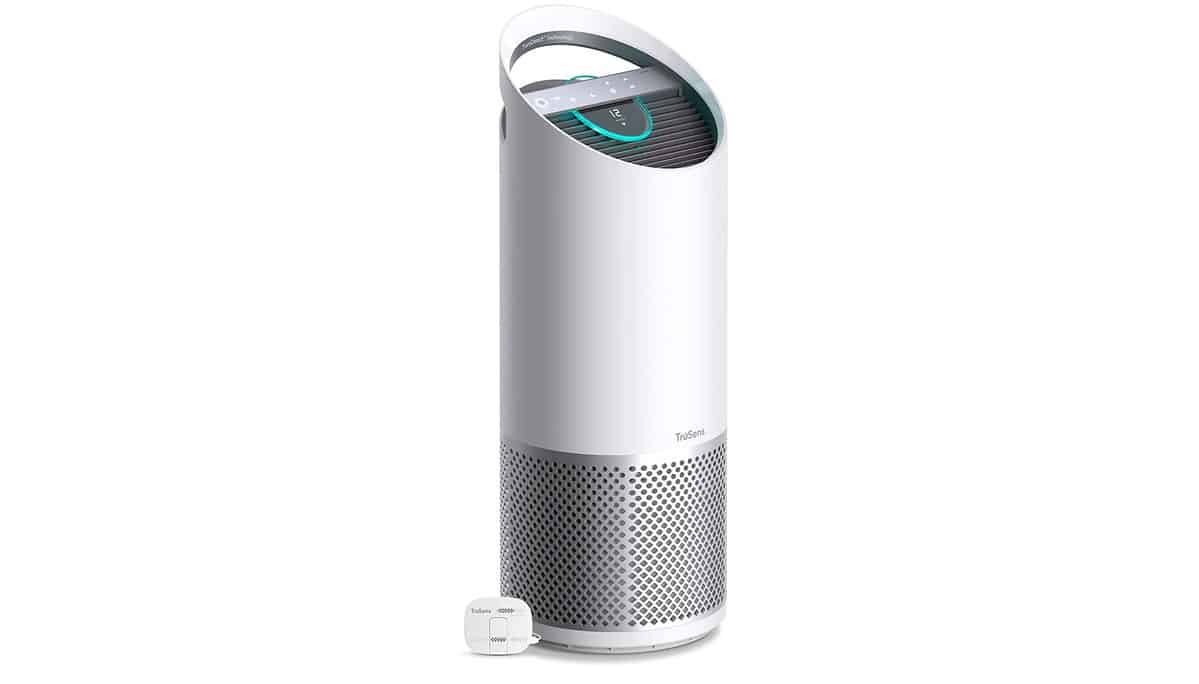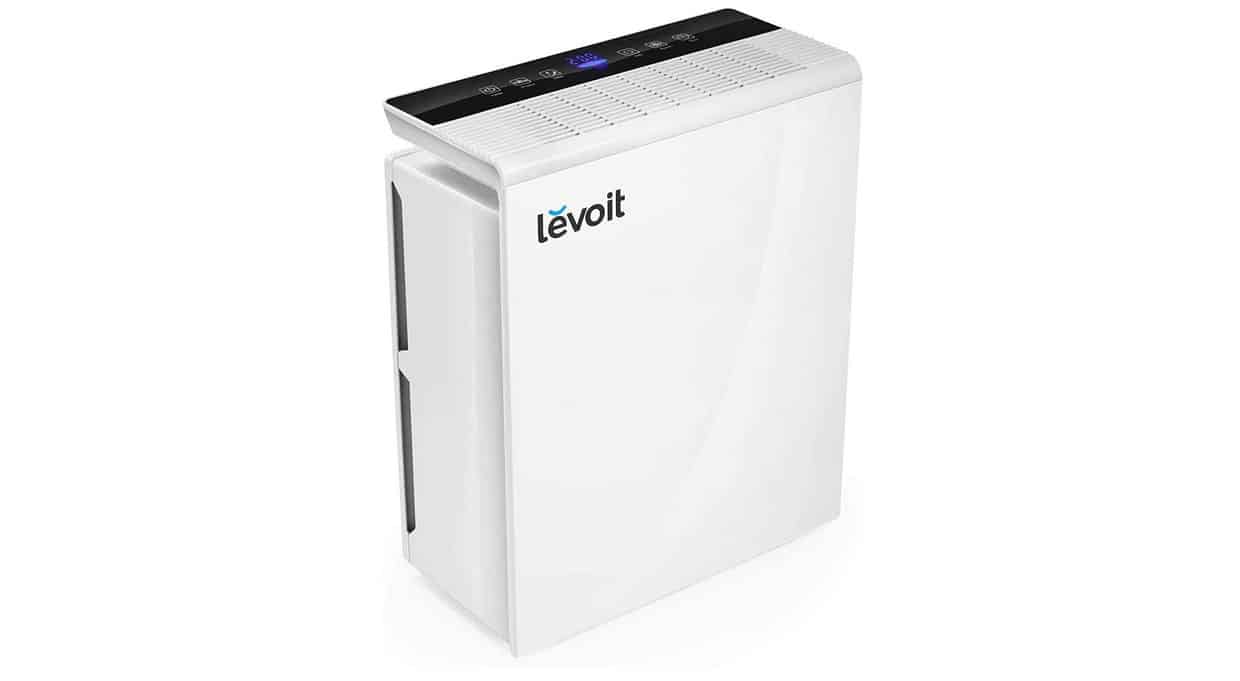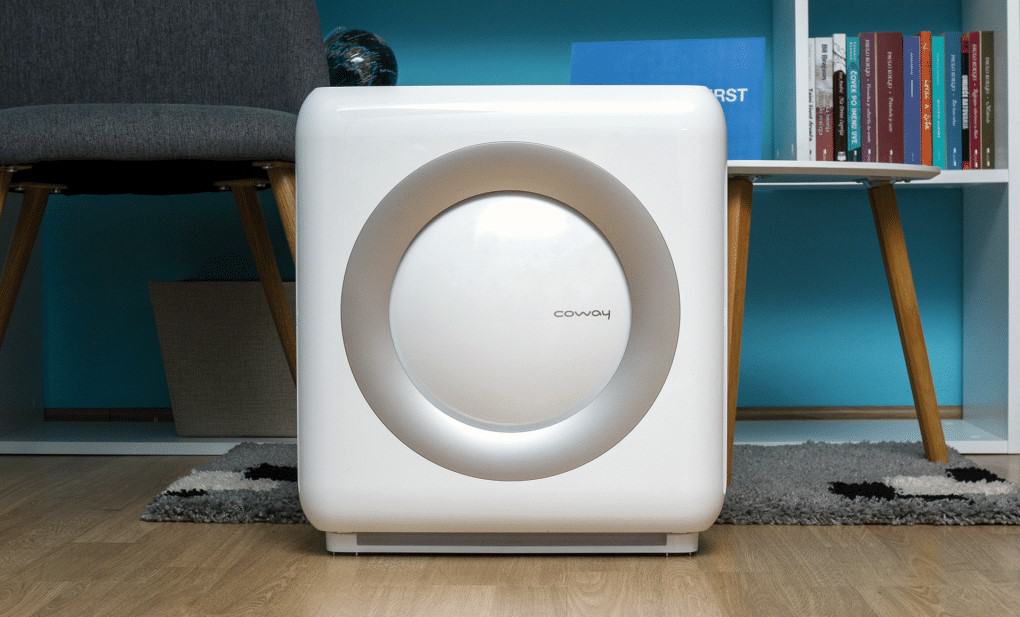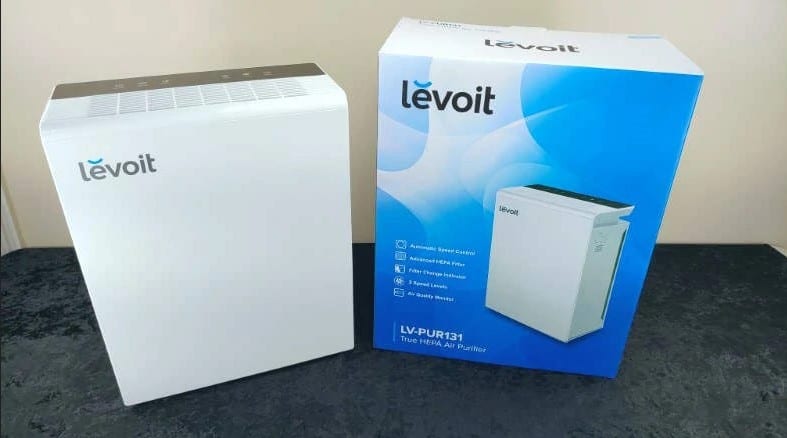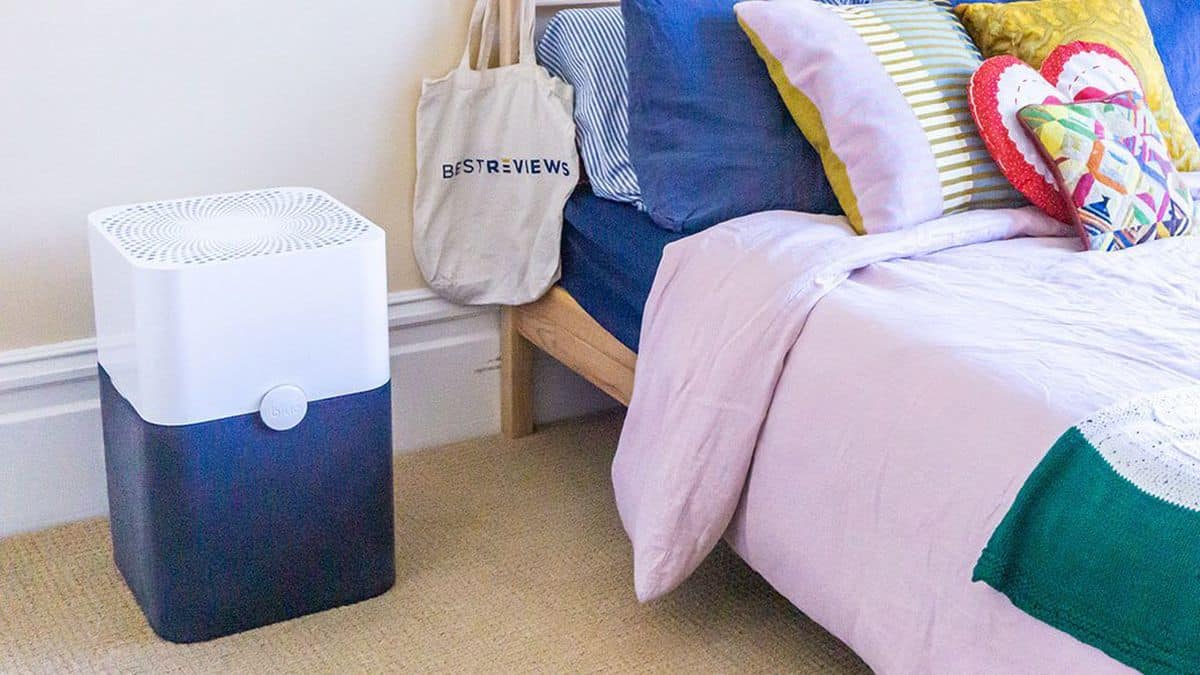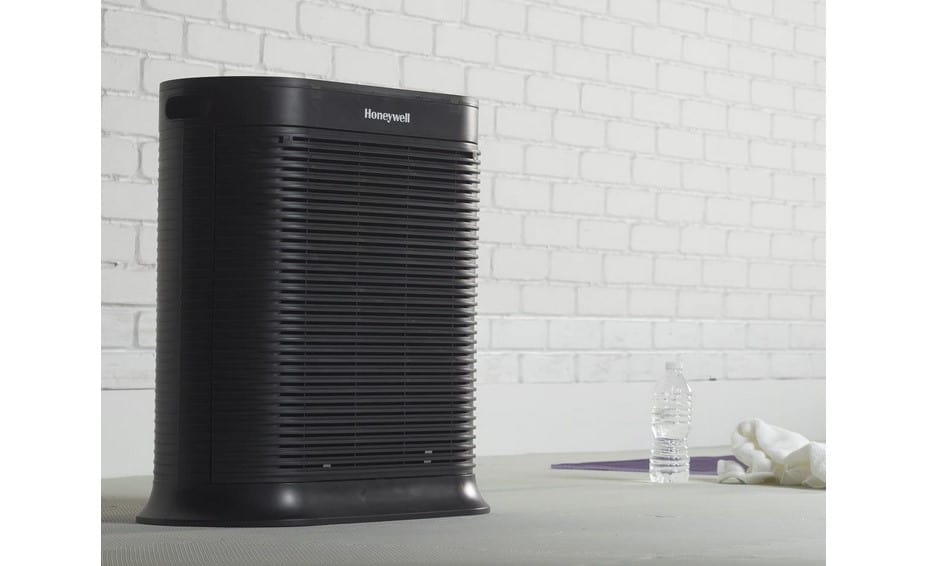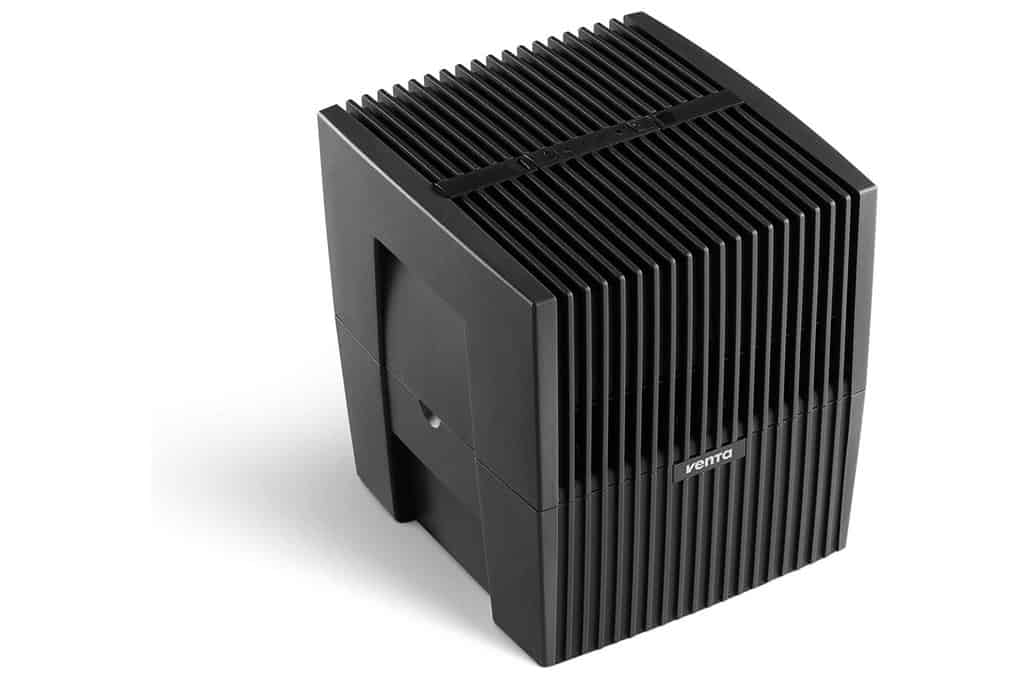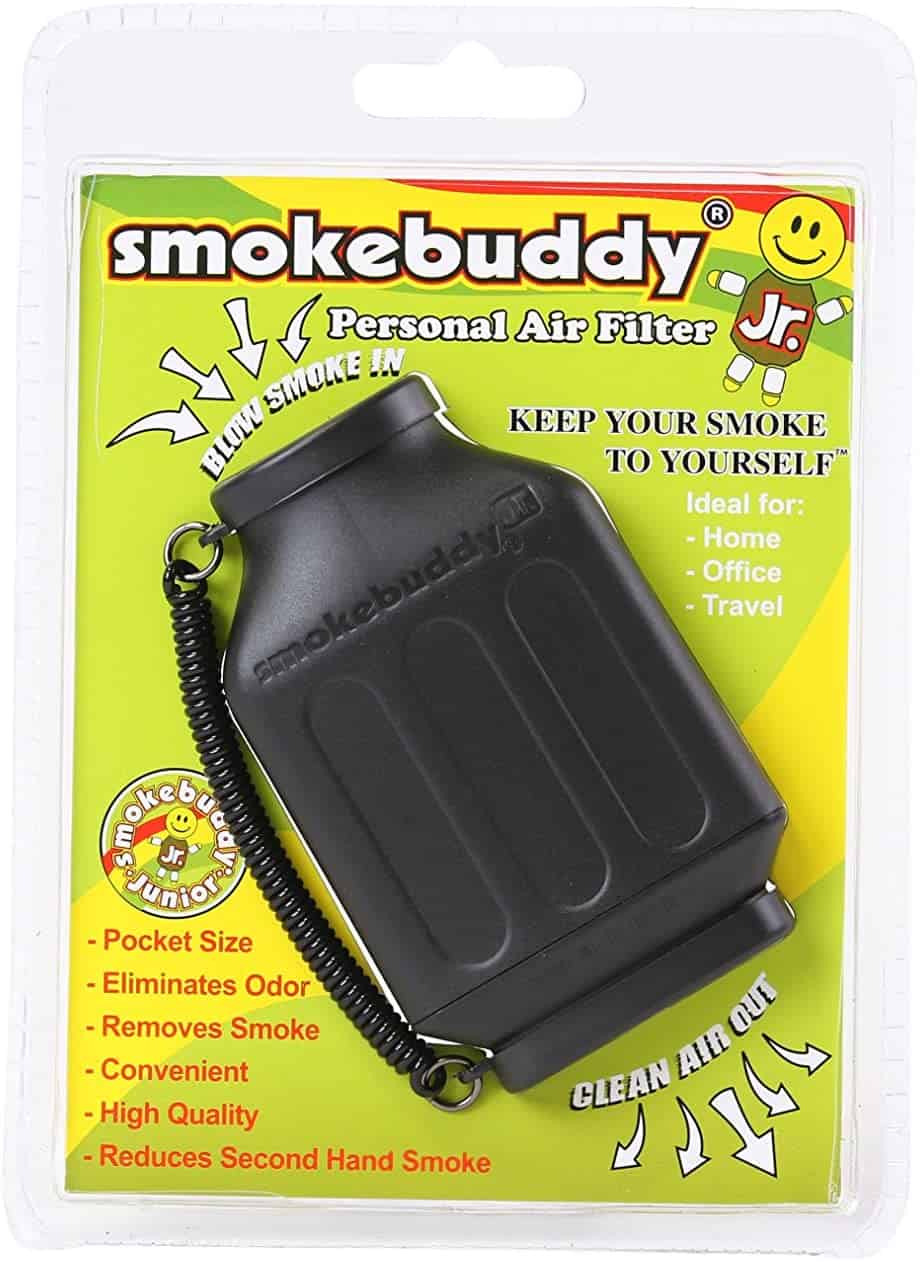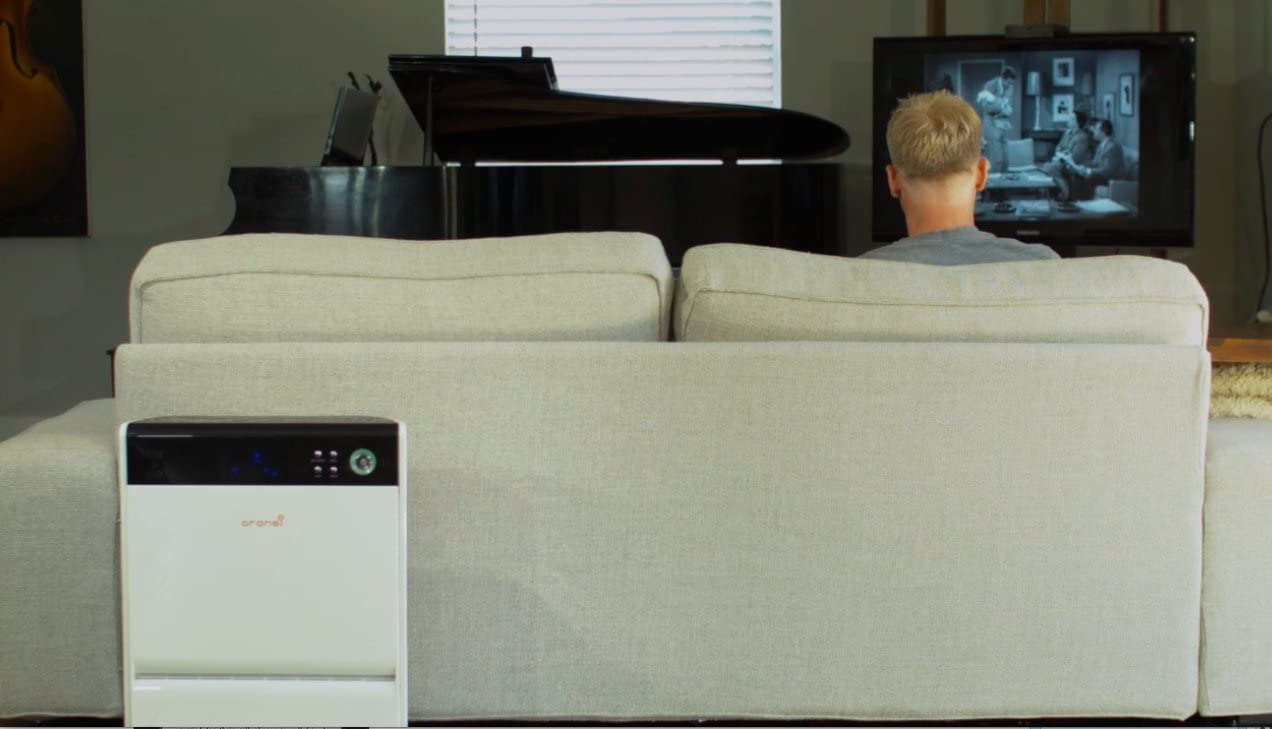If you are shopping for the best air purifier and you are a light sleeper, you may have one query on your mind. How air purifier noise levels impact use and the overall lifestyle of consumers. We are here to help.
KEY TAKEAWAYS:
- Modern air purifiers will advertise their overall noise output in decibel (dB) levels.
- If you are sensitive to noise, choose an air purifier that has been built with noise reduction in mind.
- You can also fiddle with the purifier’s settings or simply place it in a room where it won’t be considered an interruption.
How Air Purifier Fans Operate
Before you can suss out just how loud a particular air purifier is, like the Air Innovations Max, it can be helpful to know how they work. Most air purifiers use a series of fans. One set of these fans draws air in, while the other set pushes air out. Fans do make noise, so that is something to consider, especially when considering the Alen or Rabbit Air.
How Loud is an Air Purifier?
Unlike an air purifier made out of a box fan, modern air purifiers tend to be on the quieter side, often being considered ambient noise. Though the actual noise output of an air purifier will vary depending on the model, each unit should advertise a decibel level. It is important to note how decibel levels work. These numbers operate via a logarithmic scale that goes up in powers of ten. So, if an air purifier is marketed as having a noise output of 70dB, that will make it ten times louder than one with 60dB.
Insider Tip
Modern air purifiers tend to be on the quieter side, often being considered ambient noise.
Tips to Reduce Air Purifier Noise
If you are extremely sensitive to noise, here are some tips to help you make the most of your air purifier without losing any sleep.
Choose the Right Purifier
Some air purifiers are louder than others. Pay close attention to the advertised dB level and opt for quiet models. Certain companies manufacture air purifiers that are purpose-built for the reduction of noise. We recommend picking one of those air purifiers. You may also want to choose one that is relatively low on power, to further cut down on noise.
Insider Tip
Pay close attention to the advertised dB level and opt for quiet models.
Experiment with the Settings
Once you have the air purifier placed, you should take some time to experiment with the unit’s various settings. You may find that a purifier’s highest setting is much too loud for your tastes, but the lower settings provide a calming level of ambient noise. Feel free to also turn the purifier off when peace and quiet need to be prioritized.
Move it Away From Bedrooms
If you are a light sleeper, you should place the air purifier away from the bedroom. Stick to living rooms, hallways, playrooms, and the like.
Warning
You may also want to choose one that relatively low on power, to further cut down on noise.
F.A.Q.
What are the prices of the best quiet air purifiers?
Quiet air purifiers can come in at a variety of price points. We encourage you to shop around to find one that suits your budgetary needs.
What is a quiet air purifier and why do I need one?
As the name suggests, a quiet air purifier is an air purifier that operates without creating too much ambient noise. You might want one of these air purifiers if you desire freshened air and also peace and quiet.
Does a HEPA filter remove smoke?
Absolutely. Air purifiers that have been equipped with true HEPA filters excel with the removal of smoke and other airborne impurities. HEPA filters are also great for the reduction of allergens, such as pet dander and dust.
STAT: A true HEPA filter catches 99.97% of airborne particles, and it’s strong enough to purify 500 square feet (living rooms are 300 – 400 on average) in 30 minutes (CADR 130 cfm), all while producing a lot less noise than your typical air conditioner. (source)

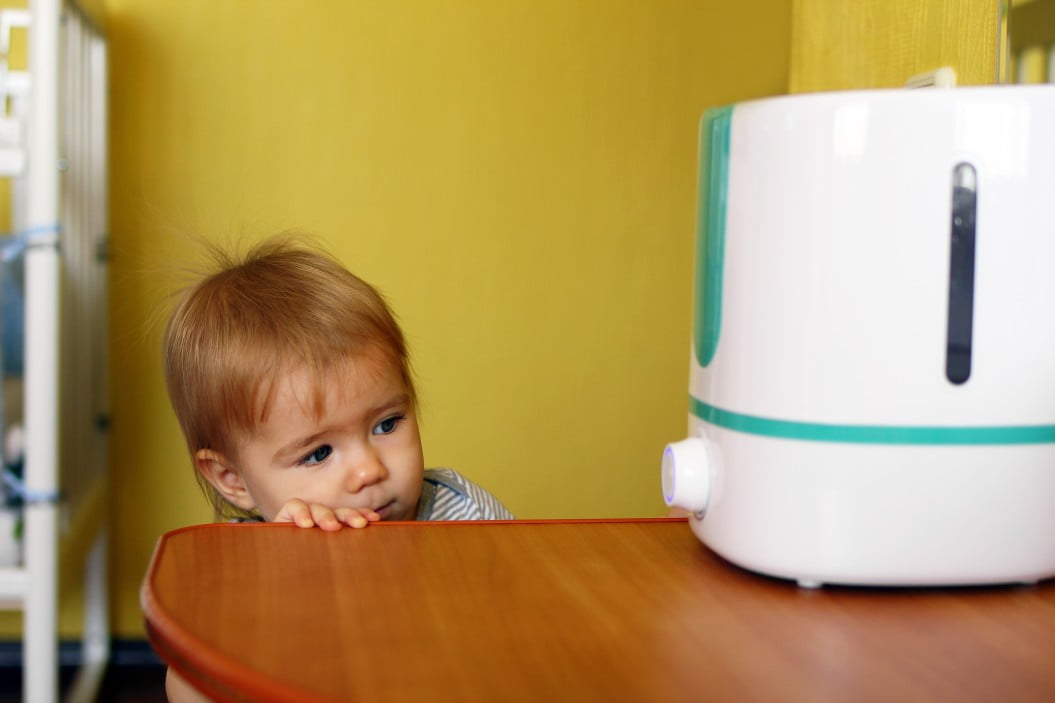













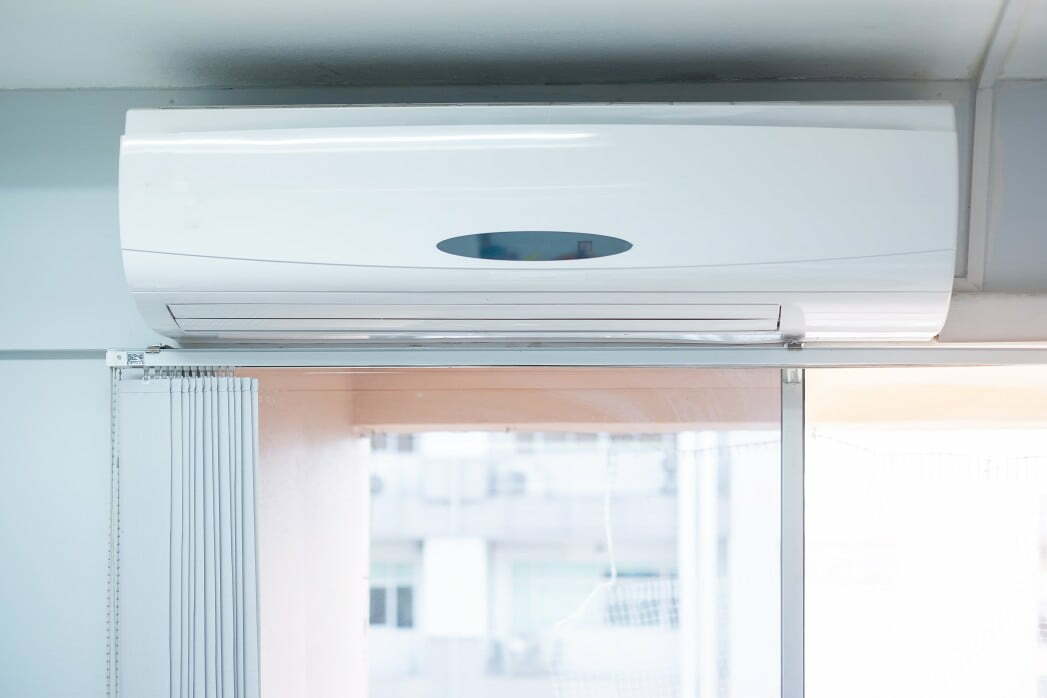
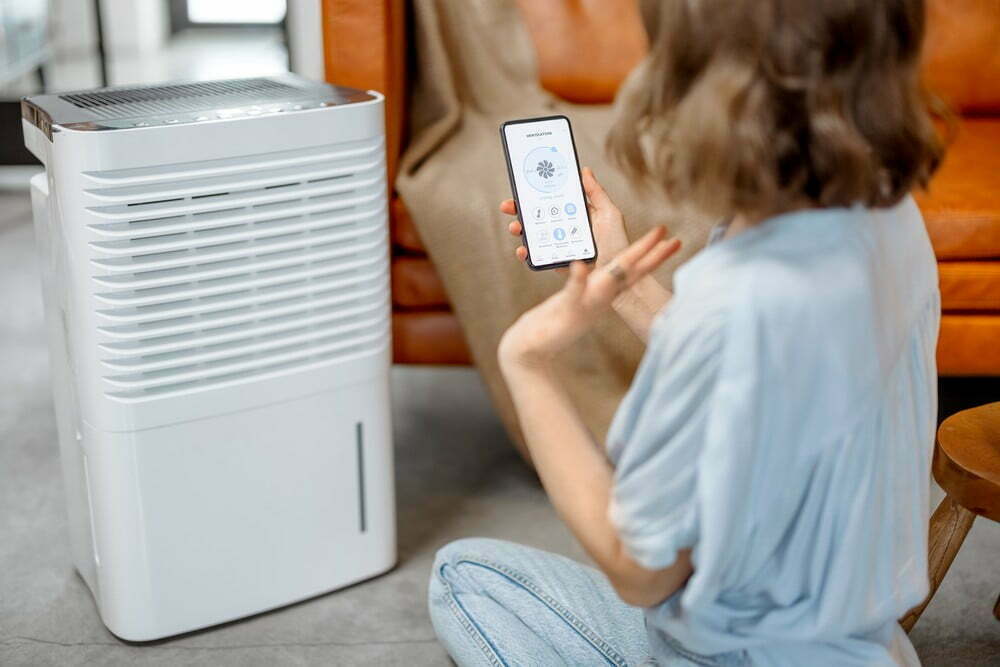
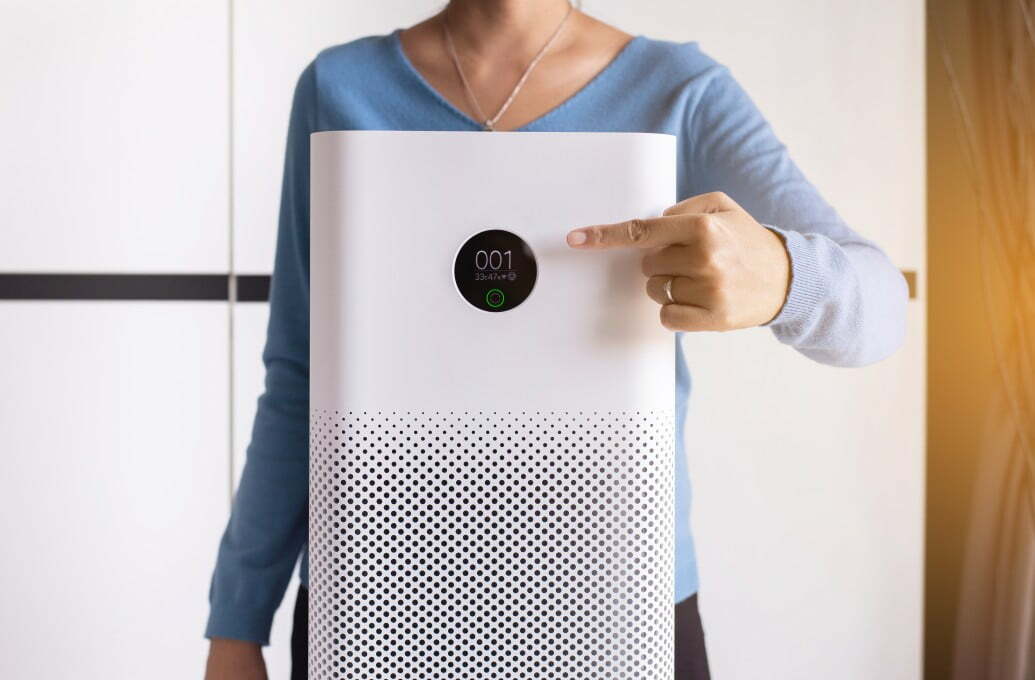
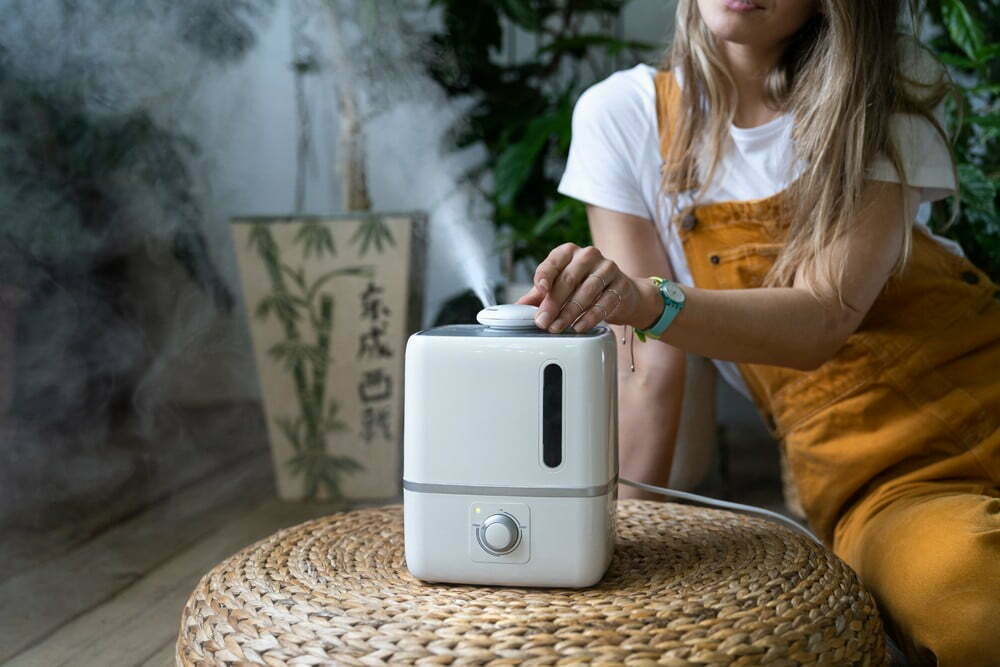
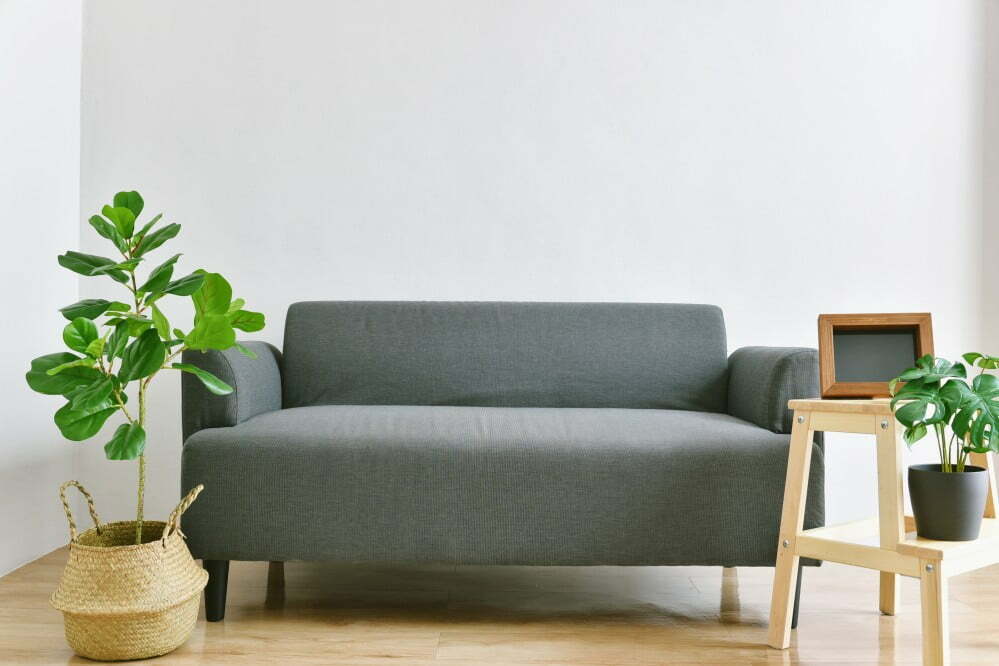

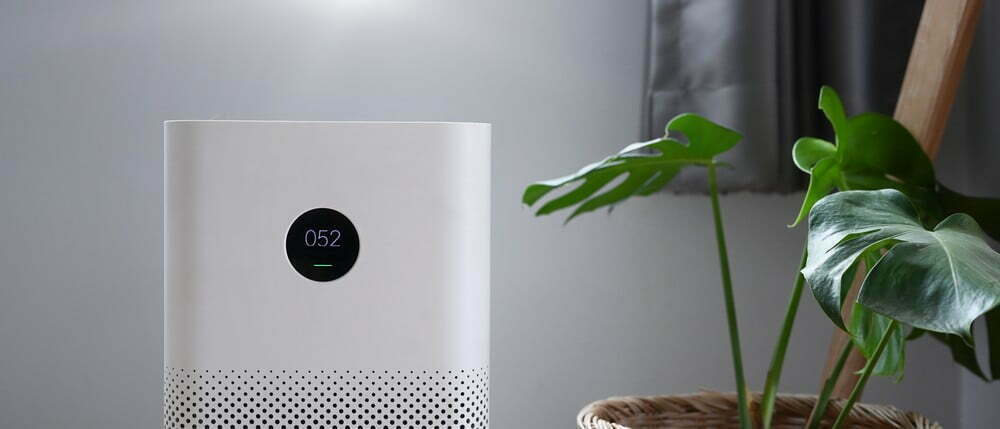
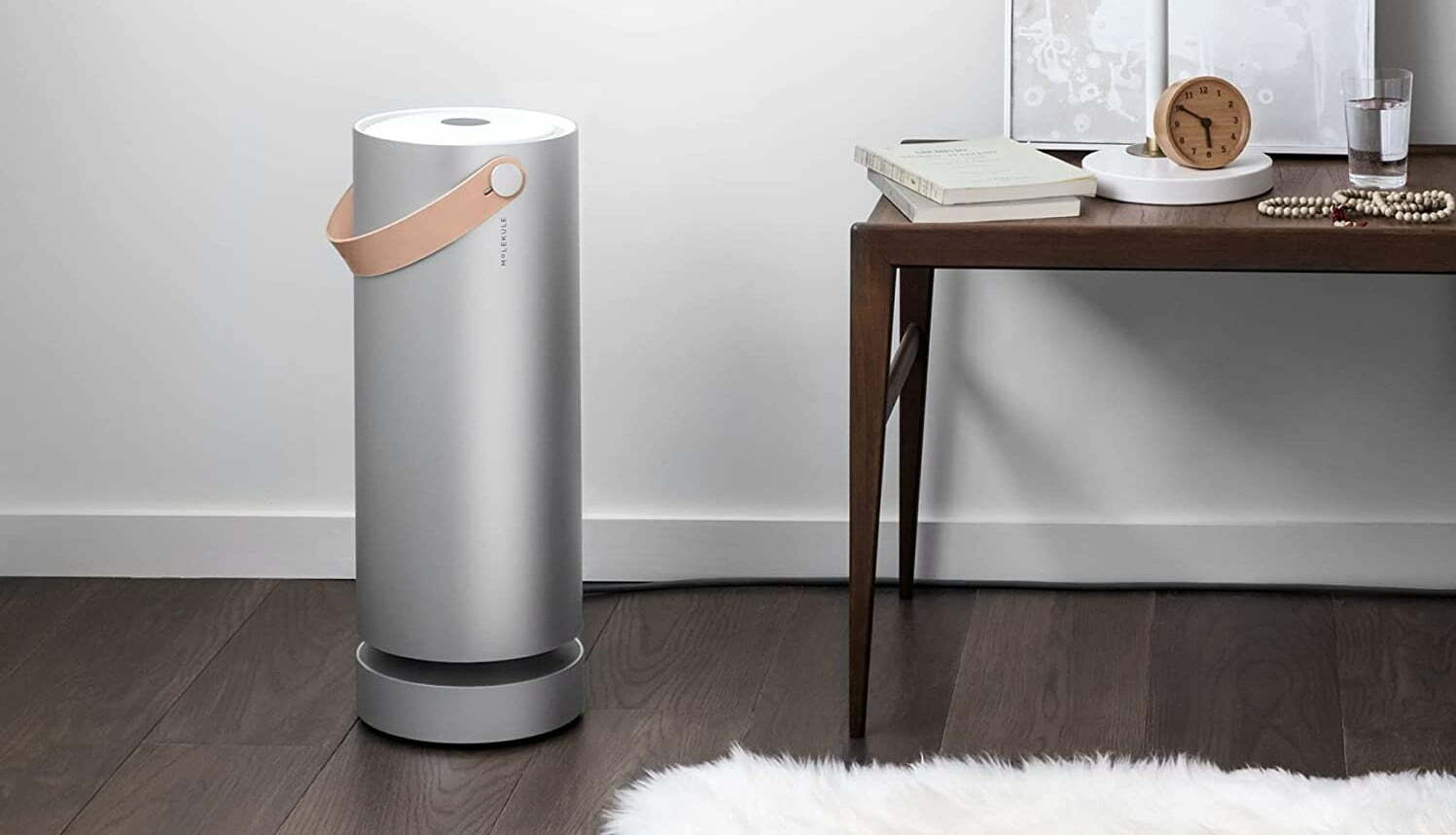
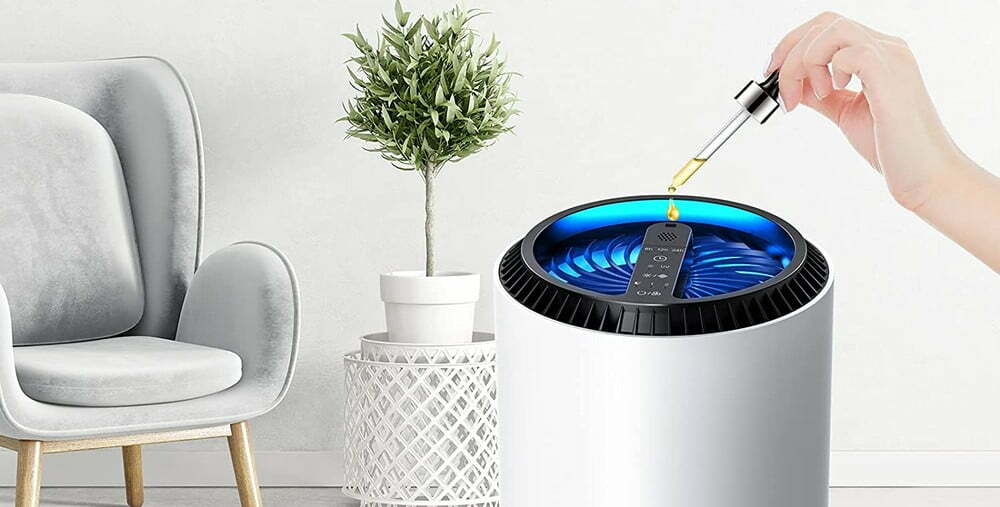
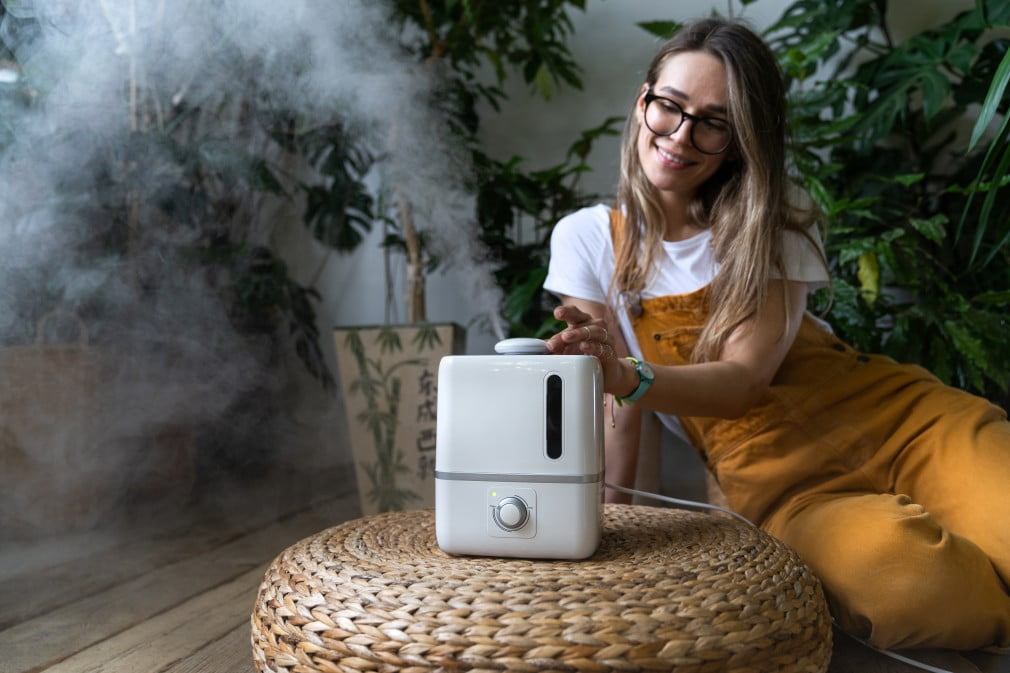
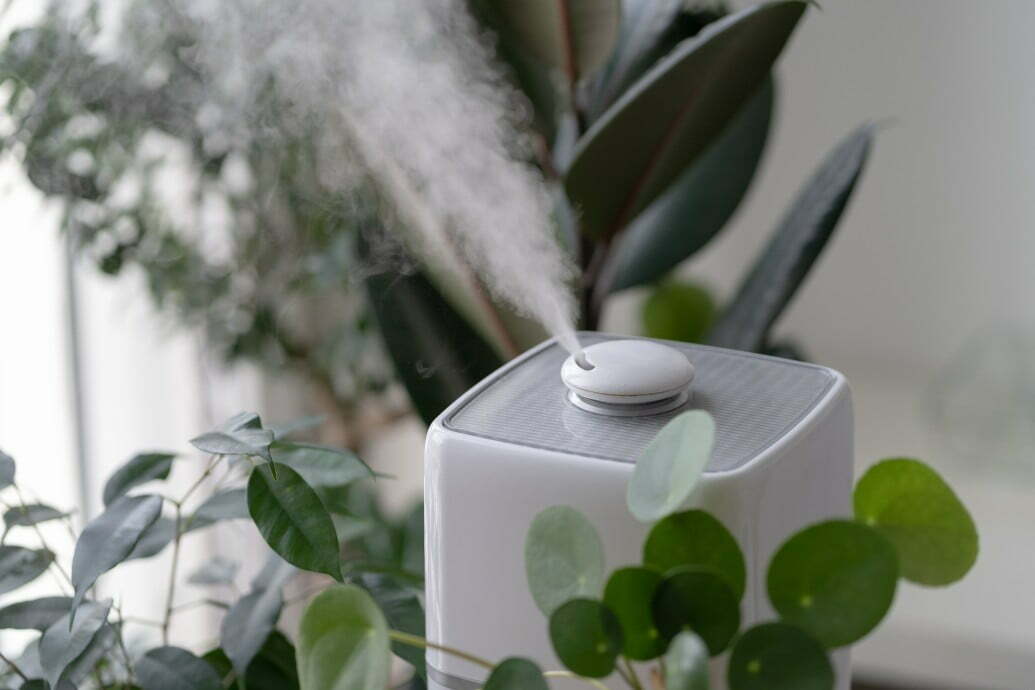
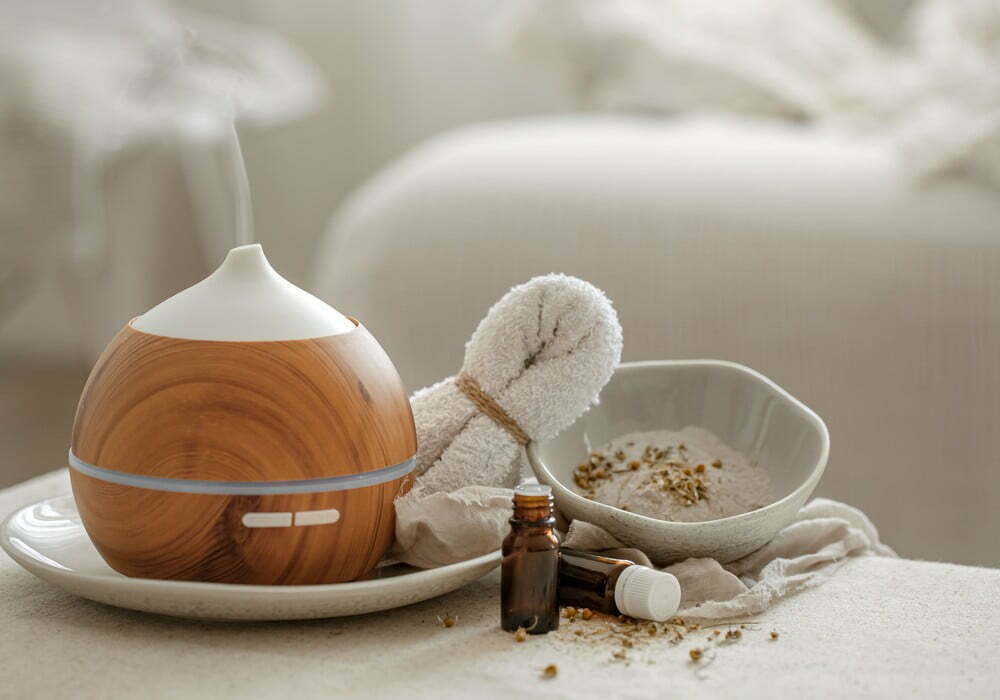
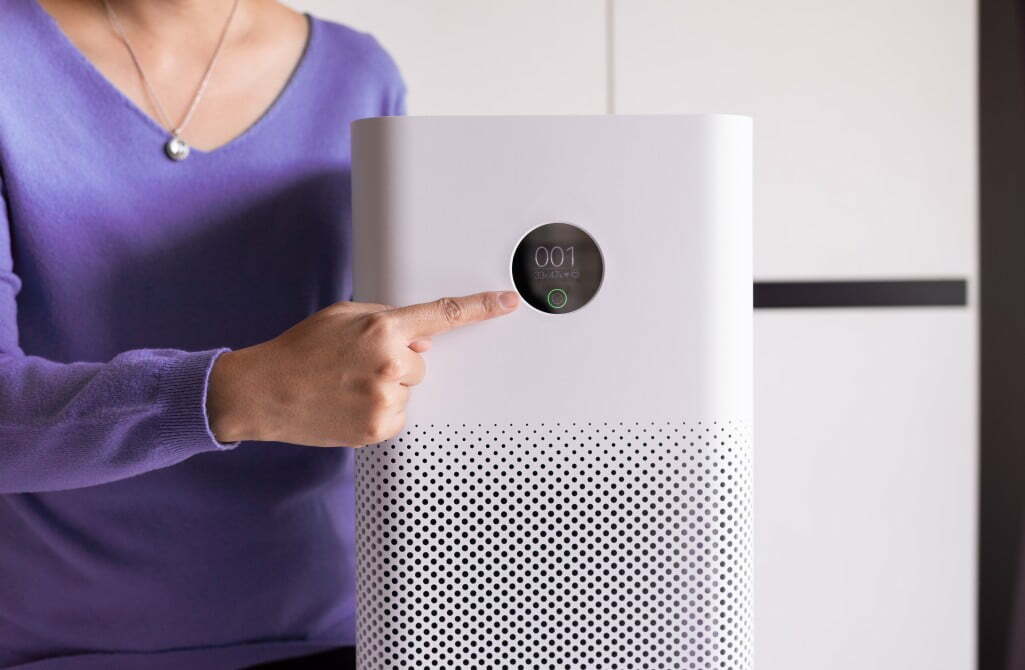
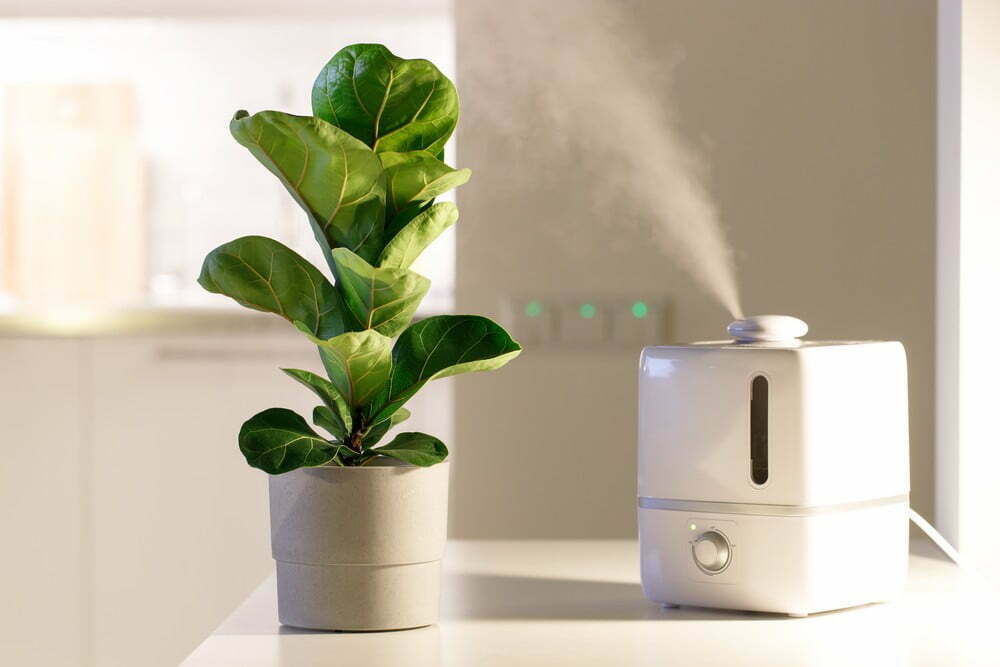
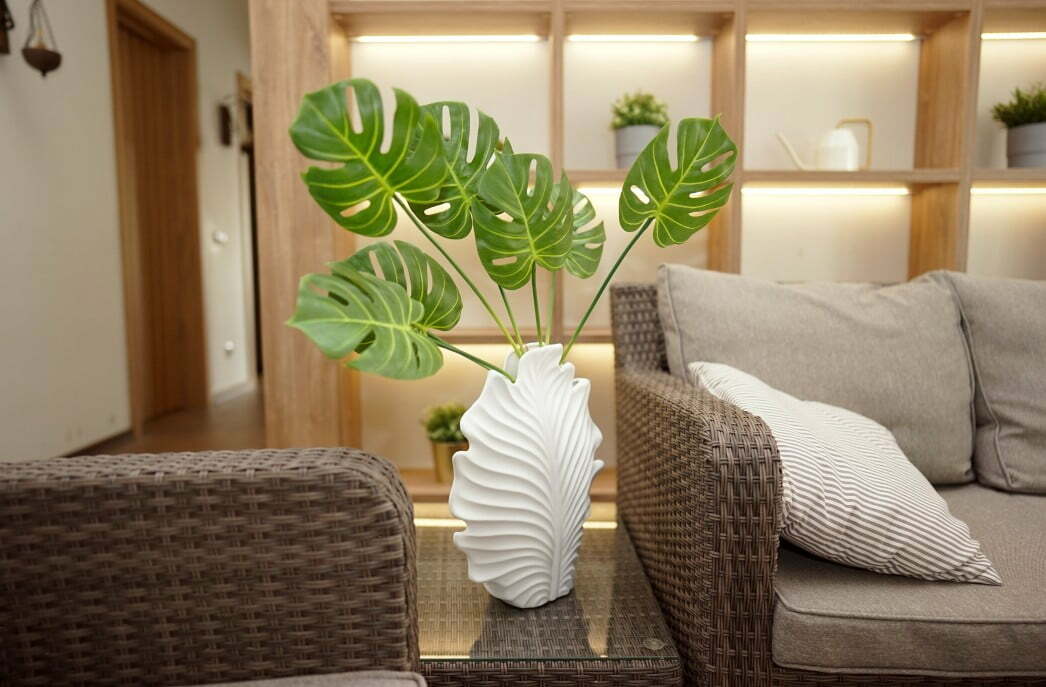
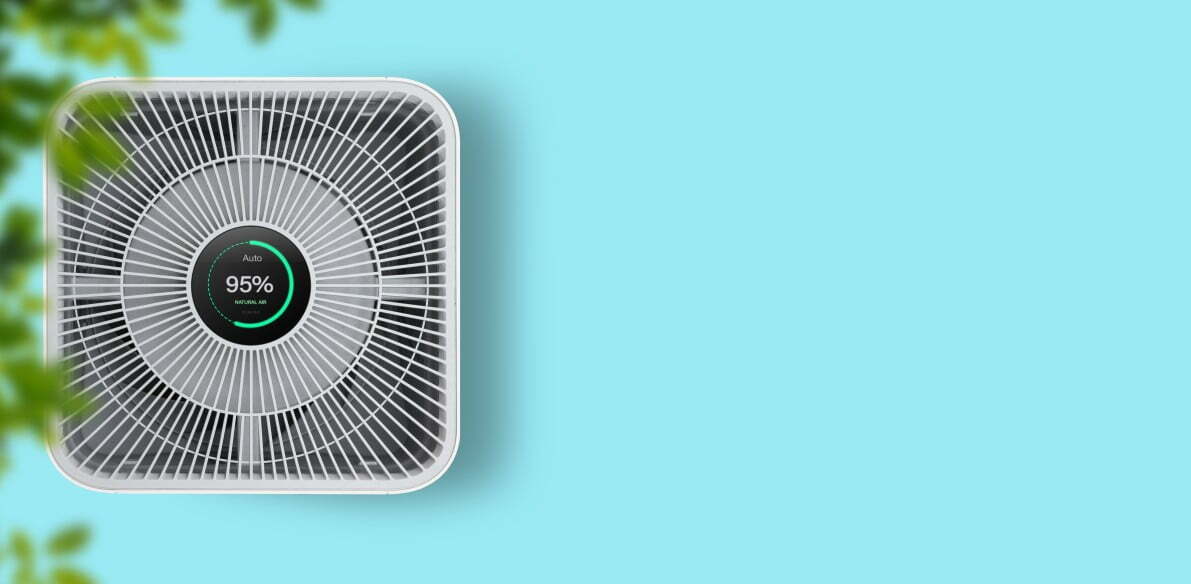
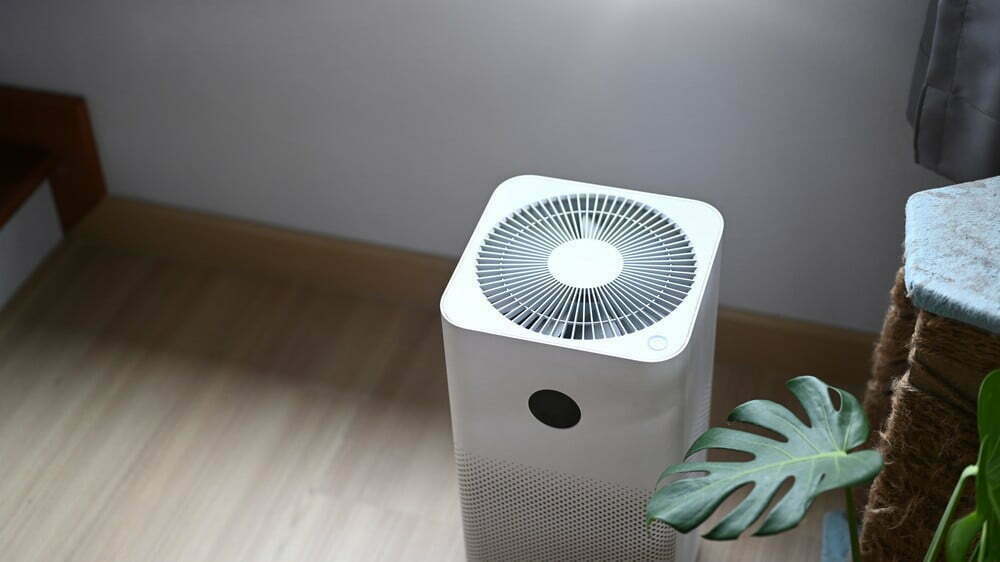
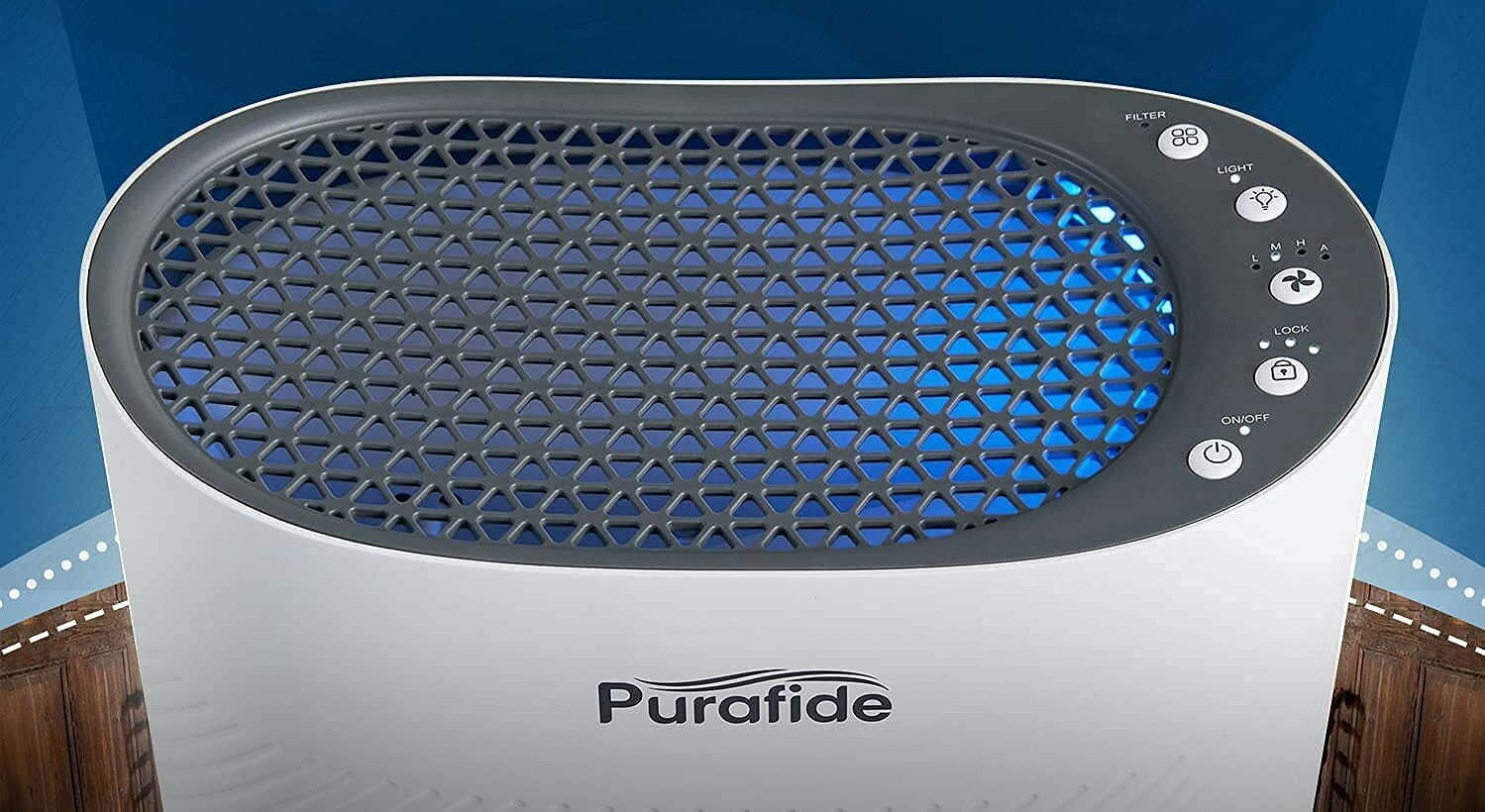
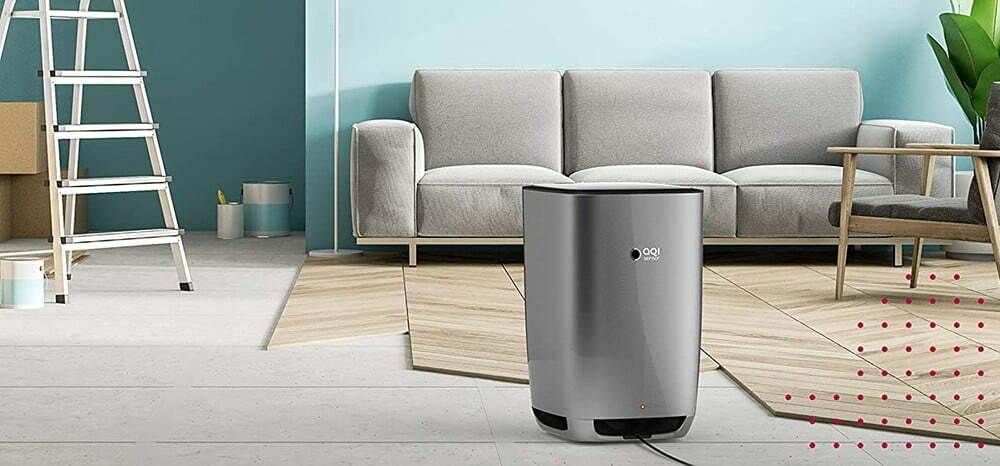
![Best Air Purifiers for VOCs and Formaldehyde in [year] 27 Best Air Purifiers for VOCs and Formaldehyde in 2026](https://www.gadgetreview.dev/wp-content/uploads/best-air-purifier-for-vocs-and-formaldehyde-image.jpg)
![Best Air Purifier in [year] ([month] Reviews) 28 Best Air Purifier in 2026 (January Reviews)](https://www.gadgetreview.dev/wp-content/uploads/Honeywell-True-HEPA-Allergen-Remover-HPA300-e1475603569442.jpg)
![Best Air Purifiers for Dust in [year] 29 Best Air Purifiers for Dust in 2026](https://www.gadgetreview.dev/wp-content/uploads/best-air-purifier-for-dust-image.jpg)
![Best Honeywell Air Purifiers in [year] 30 Best Honeywell Air Purifiers in 2026](https://www.gadgetreview.dev/wp-content/uploads/best-honeywell-air-purifier-image.jpg)
![Best Germicidal Air Purifiers in [year] 31 Best Germicidal Air Purifiers in 2026](https://www.gadgetreview.dev/wp-content/uploads/best-germicidal-air-purifier-image.jpg)
![Best Filterless Air Purifiers in [year] 32 Best Filterless Air Purifiers in 2026](https://www.gadgetreview.dev/wp-content/uploads/best-filterless-air-purifier-image.jpg)
![Best Levoit Air Purifiers in [year] 33 Best Levoit Air Purifiers in 2026](https://www.gadgetreview.dev/wp-content/uploads/best-levoit-air-purifier-image.jpg)
![Best Air Purifiers for Smoking Weed in [year] 34 Best Air Purifiers for Smoking Weed in 2026](https://www.gadgetreview.dev/wp-content/uploads/best-air-purifier-for-smoking-weed-image.jpg)
![Best Quiet Air Purifiers in [year] 35 Best Quiet Air Purifiers in 2026](https://www.gadgetreview.dev/wp-content/uploads/best-quiet-air-purifier-image.jpg)
![Best Desktop Air Purifiers in [year] 36 Best Desktop Air Purifiers in 2026](https://www.gadgetreview.dev/wp-content/uploads/best-desktop-air-purifier.jpg)
![Best Dyson Air Purifiers in [year] 37 Best Dyson Air Purifiers in 2026](https://www.gadgetreview.dev/wp-content/uploads/best-dyson-air-purifier.jpg)
![Best Air Purifiers for Dorm Room in [year] 38 Best Air Purifiers for Dorm Room in 2026](https://www.gadgetreview.dev/wp-content/uploads/air-purifier-for-dorm-room-1.jpg)
![Best Air Purifiers for Office in [year] 39 Best Air Purifiers for Office in 2026](https://www.gadgetreview.dev/wp-content/uploads/best-air-purifier-for-office.jpg)
![Best Air Purifiers for Basement in [year] 40 Best Air Purifiers for Basement in 2026](https://www.gadgetreview.dev/wp-content/uploads/best-air-purifier-for-basement.jpg)
![Best Air Purifiers For Odor in [year] 41 Best Air Purifiers For Odor in 2026](https://www.gadgetreview.dev/wp-content/uploads/best-air-purifier-odor.jpg)
![10 Best Personal Air Purifiers in [year] 42 10 Best Personal Air Purifiers in 2026](https://www.gadgetreview.dev/wp-content/uploads/best-personal-air-purifiers.jpg)
![10 Best Plug In Air Purifiers in [year] 43 10 Best Plug In Air Purifiers in 2026](https://www.gadgetreview.dev/wp-content/uploads/best-plug-in-air-purifier-image.jpg)
![10 Best Whole House Air Purifiers in [year] 44 10 Best Whole House Air Purifiers in 2026](https://www.gadgetreview.dev/wp-content/uploads/best-whole-house-air-purifier-image.jpg)
![10 Best Large Room Air Purifiers in [year] 45 10 Best Large Room Air Purifiers in 2026](https://www.gadgetreview.dev/wp-content/uploads/Coway-Airmega-200M-Large-Room-Air-Purifier-900x900-1.png)
![10 Best UV Air Purifiers in [year] 46 10 Best UV Air Purifiers in 2026](https://www.gadgetreview.dev/wp-content/uploads/best-uv-air-purifier.jpg)
